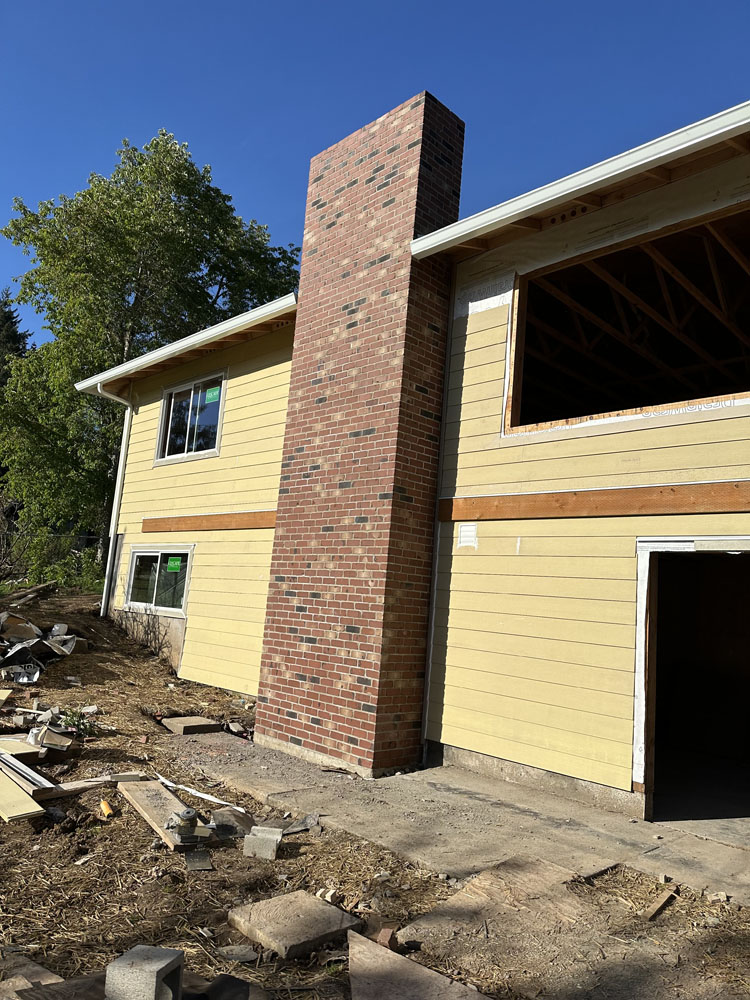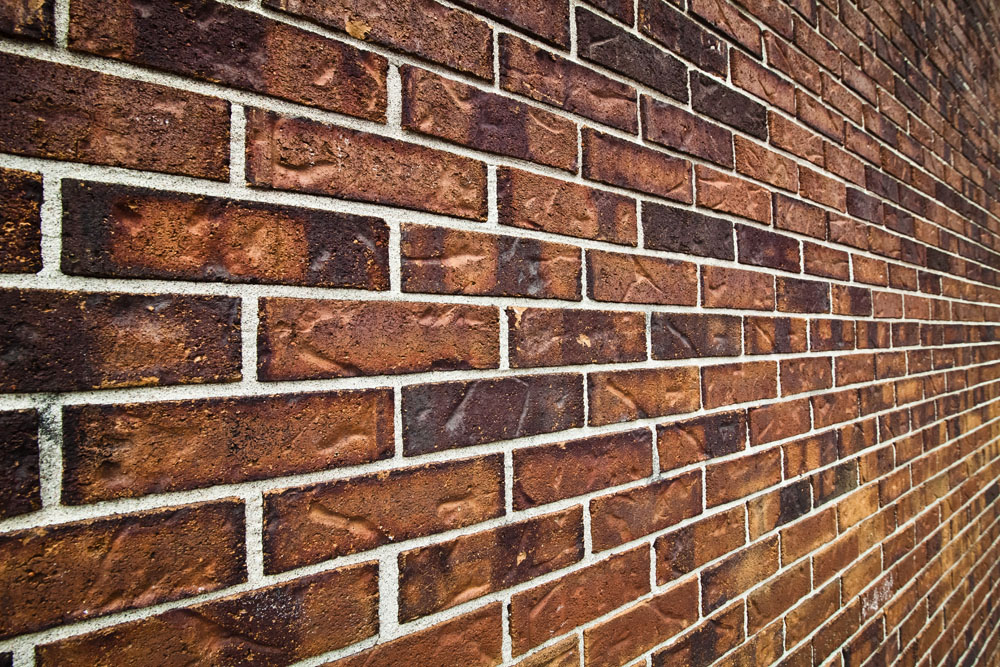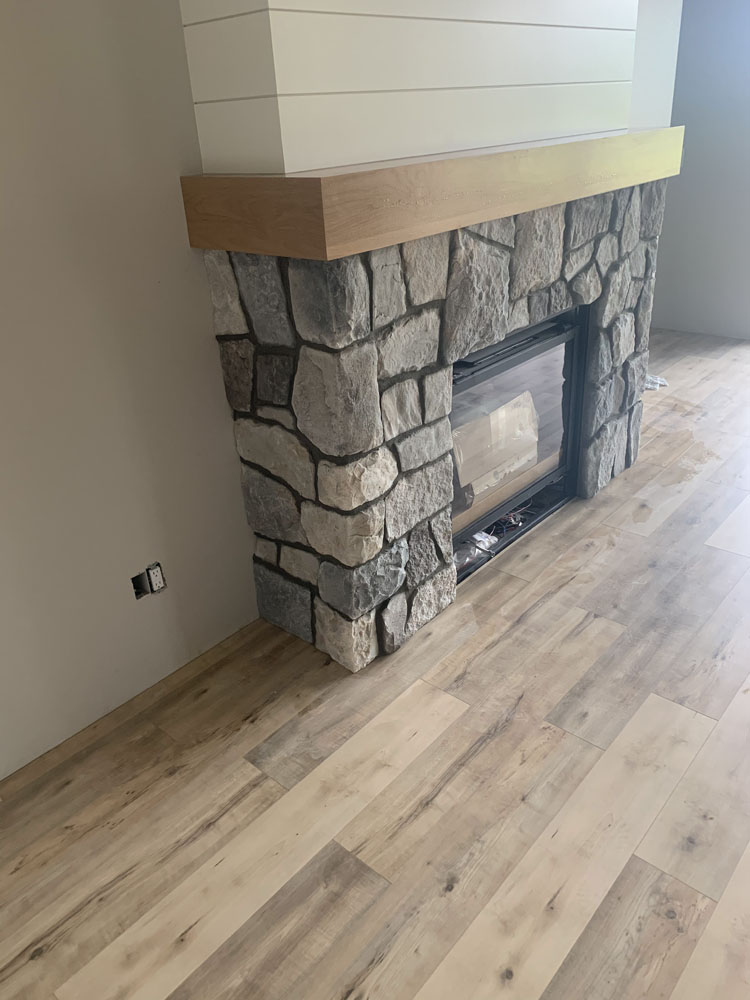When it comes to home improvement projects, few tasks are as essential and foundational as masonry work. Whether you’re considering a new patio, a brick wall, or even intricate stonework, the right masonry contractor can make all the difference. But how do you ensure that you’re getting a fair estimate for the work needed? That’s where this comprehensive guide comes in. In this article, we’ll dive deep into how to effectively communicate with your masonry contractor about estimates. So grab your hard hat and let’s get started!
Table of Contents
Understanding Masonry Work- 1.1 What is Masonry? 1.2 Types of Masonry Work 1.3 Importance of Hiring a Qualified Masonry Contractor
- 2.1 Researching Your Options 2.2 Knowing Your Budget 2.3 Setting Clear Goals for Your Project
- 3.1 Questions to Ask Your Masonry Contractor 3.2 Understanding Their Process 3.3 Assessing Experience and Expertise
- 4.1 Materials: What Are You Planning to Use? 4.2 Timeline: When Do You Need It Done? 4.3 Customization Options Available
- 5.1 What Should an Estimate Include? 5.2 The Difference Between Estimates and Quotes 5.3 Red Flags in Estimates
- 6.1 Is it Okay to Negotiate with Your Contractor? 6.2 Strategies for Cost Reduction 6.3 Understanding Payment Terms
- 7.1 What to Look for in a Contract 7.2 Essential Clauses to Include 7.3 Confirming Project Details
- 8.1 Preparing Your Space for Work 8.2 Staying in Touch Throughout the Process
Wrapping Up the Project
- 9.1 Final Inspection Tips 9.2 Handling Post-Completion Issues
FAQs About Talking with Your Masonry Contractor
Understanding Masonry Work
What is Masonry?
Masonry refers to the construction of structures from individual units laid in mortar, such as bricks, stones, or concrete blocks—essentially anything that can be stacked together! This age-old craft not only enhances aesthetic appeal but also provides structural integrity.
Types of Masonry Work
Different types of masonry work include:
- Brickwork: Utilizing fired clay bricks. Stonework: Using natural stones. Concrete Block: Employing larger precast concrete blocks. Veneer: A thin layer over another material.
Each has its unique benefits and should be chosen based on your project needs.
Importance of Hiring a Qualified Masonry Contractor
You wouldn’t trust just anyone with your heart; why would you entrust your home to an unqualified contractor? Hiring a qualified masonry contractor ensures quality craftsmanship and adherence to building codes—meaning peace of mind for you!
Preparing for the Estimate Conversation
Researching Your Options
Before diving into conversations with contractors, spend some time researching local options online or through word-of-mouth recommendations from friends or family who’ve tackled similar projects.
Knowing Your Budget
Establishing a budget isn’t just smart; it's crucial! Knowing what you're willing (and able) to spend will help guide discussions with potential contractors.
Setting Clear Goals for Your Project
What exactly do you want? Be specific! Whether it's adding a stunning stone fireplace or repairing crumbling brickwork, having clear goals helps ensure everyone is on the same page.
The Initial Consultation
Questions to Ask Your Masonry Contractor
During your initial consultation, ask questions like:
- How long have you been in business? Can I see examples of previous work? What materials do you recommend?
This will give you insight into their experience and approach.
Understanding Their Process
Every contractor has their own way of doing things; understanding their process will help set expectations for timelines and deliverables.

Assessing Experience and Expertise
Don’t shy away from asking about certifications or training! It's important that your chosen contractor is knowledgeable about modern practices and safety standards.
Discussing Project Details
Materials: What Are You Planning to Use?
Discuss what materials will best suit your needs—each option comes with different costs and aesthetics!
Timeline: When Do You Need It Done?
Establish a timeline early on; knowing when you’d like everything completed will help manage expectations on both sides.
Customization Options Available
If you're envisioning something unique—like an elaborate design or pattern—make sure your contractor can accommodate those requests!
Understanding Estimates
What Should an Estimate Include?
A solid estimate should detail labor costs, material prices, and any additional fees like permits or transportation charges—all presented transparently!
| Item | Estimated Cost | |-------------------|----------------| | Labor | $X | | Materials | $Y | | Miscellaneous Fees | $Z |
The Difference Between Estimates and Quotes
An estimate is often subject to change based on unforeseen circumstances while a quote tends to be more fixed—as long as no changes are made during construction.
Red Flags in Estimates
Be wary if:
- An estimate seems too low. There’s lack of detail. The contractor avoids answering questions directly.
These could indicate issues down the line!
Negotiating Costs
Is it Okay to Negotiate with Your Contractor?
Absolutely! Negotiation is part of business; just be respectful while discussing what works best for both parties involved.
Strategies for Cost Reduction
Consider:
- Adjusting materials (going for mid-range instead of high-end). Offering flexible timelines (contractors love less pressure!).
These can lead to savings without sacrificing quality!
Understanding Payment Terms
Clarity surrounding payment terms is vital! Discuss whether payments are lump-sum, staged based on milestones completed, etc., ahead of time so there are no surprises later on.

Finalizing the Agreement
What to Look for in a Contract
Ensure it includes project scope, materials discussed, payment terms, timelines, warranties offered—everything we’ve talked about so far!
Essential Clauses to Include
Don’t forget about clauses addressing delays due to weather conditions or other unforeseen issues; these protect both parties involved.
Confirming Project Details
Before signing anything, go over every detail once more—the devil's in the details after all!
After the Agreement: What Comes Next?
Preparing Your Space for Work
Clear out any furniture or items that may obstruct work zones; this shows respect toward your contractor's space—a little preparation goes a long way!
Staying in Touch Throughout the Process
Keep communication lines open during construction—it helps address small issues before they snowball into bigger problems later down the road.
Wrapping Up the Project
Final Inspection Tips
Once everything’s wrapped up check each aspect carefully—is it all done up-to-par according contract specifications?
| Task | Status | |--------------------------|-------------| | Quality Check | Completed | | Final Cleanup | Pending |

Make sure nothing was overlooked before giving final sign-off!
Handling Post-Completion Issues
If something doesn’t seem right post-project completion don’t hesitate reaching out—good contractors appreciate feedback (even if it’s not sugar-coated!).
FAQs About Talking with Your Masonry Contractor
Q1: How long does it typically take to receive an estimate?
A: Most contractors provide estimates within one week after discussing project specifics—it allows them ample time gathering accurate costs based upon materials required & labor needed!
Q2: Can I request multiple estimates from different contractors?
A: Absolutely! Getting various estimates gives perspective—and might even spark competition leading lower prices overall!
Q3: Is there anything I should avoid saying during negotiations?
A: Avoid making ultimatums or being overly aggressive—it may sour relationships before work begins which can affect quality delivered later down line as well!
Q4: Should I pay upfront before any work starts?
A: Generally speaking no more than ten percent upfront unless dealing large-scale jobs requiring substantial material purchases first off—always clarify payment terms beforehand ensuring mutual comfortability regarding finances involved here too!.
Q5: If I'm unhappy after work completion what steps should I take next?
A: Start by communicating concerns directly towards contractor—most reputable ones aim rectify issues promptly rather than producing unhappy clients long-term!.
Masonry Contractor https://ramosmasonry.com https://ramosmasonry.com/about-ramos-masonry-construction-companyQ6: How can I verify my chosen masonry contractor's credentials?
A; Always check references provided by them & consult relevant licensing boards ensuring proper certifications held validly maintaining industry standards expected today!.
Conclusion
Navigating conversations around estimates with a masonry contractor doesn’t have to feel like walking through treacle! With this comprehensive step-by-step guide at hand you'll approach discussions armed knowledge confidently guiding each stage smoothly—from initial consultation all way wrapping up project completion afterwards!. Just remember clarity fosters cooperation between parties involved paving paths towards successful outcomes achieved together always crafted beautifully!.